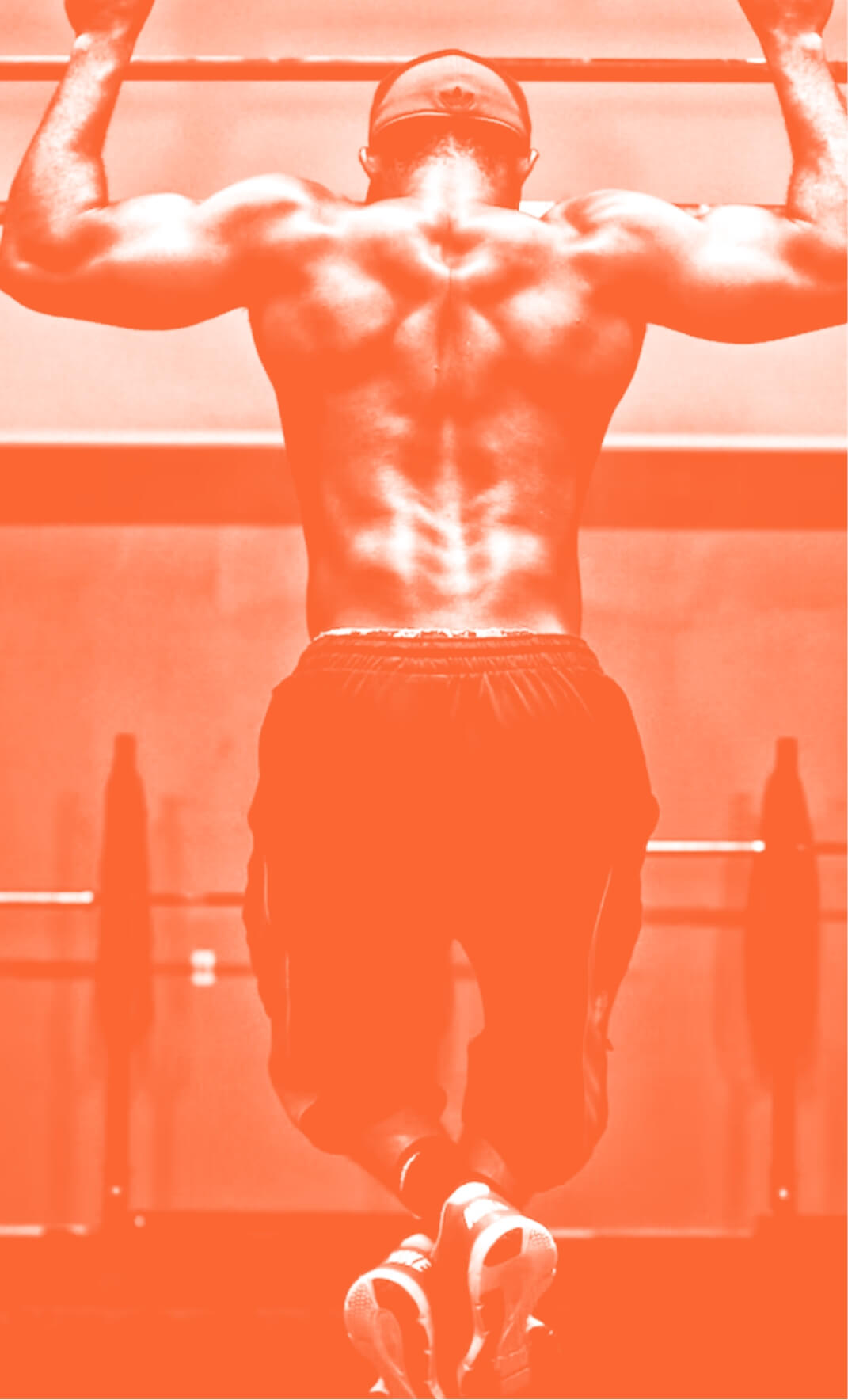What Is Resting Energy Expenditure?
21st May 19

When it comes to dieting and exercise, your metabolism is pretty much at the heart of it all. You burn a massive number of calories every day, whether you’re running a marathon after months of training, or sitting on the couch after a relaxing day at home. However, how many calories you burn in a day has one underlying factor above them all: your resting energy expenditure.
Want to move fast? Jump to the right section below.
What Is Resting Energy Expenditure?
Your resting energy expenditure results in between 60 and 75% of the calories you burn in a day. The basis behind it is how many calories your body burns just by functioning normally. If you sit on a couch all day, you’re still going to be consuming this number of calories by thinking, breathing, digesting, and pretty much everything else! It’s affected by various factors, and it’s important to know more if you have a chance at being the healthiest version of you.
How it changes is affected by different things, and the combination of them is what you need to work around to make it benefit you. Your diet and exercise have the most significant impact on your daily life, so they are the essential things to get to grips with. If you know what your daily caloric intake needs to be for maintenance, then you are ready to start.
Diet

If you were to diet and try to hit a calorie deficit of 200-500 calories per day, purely by dieting, this would immediately begin to shed some weight. It will be pretty quick too, which is great for a lot of people. The problem with this? As your body and metabolism begin to deal with the changes you are making, your body tends to have the reaction of starvation. This is mostly on a hormonal level, but things really start to slow down!
Your body begins to lower your overall energy expenditure, including your resting energy expenditure, and your progress will gradually slow down more and more, eventually to pretty much a standstill. This is not good news. It’s unhealthy for your body to run like that, and it’s unhealthy to try and lose weight like that. On top of this, if you lapse your diet, you are likely to put weight back on at an even higher rate and end up heavier than when you started!
Exercise

Exercise is very much on the other foot. Burning calories through exercise is a lot harder to do overtime, and you may not see the same results that you would if you were dieting. It’s very tricky to burn that many calories per day, and it’s also not healthy to do it daily. This is where the issue is.
The plus side, however, lies very much in your resting energy expenditure. Because of what you are doing to your body, your resting energy expenditure rises. You burn more calories while you are resting, which is awesome. However, you still need to be hitting this calorie deficit overall, which is tricky to do if you aren’t dieting.
You may see where we’re going with this. How do you get the most out of your resting energy expenditure? Do both. Dieting and exercising together regularly is the best way to go about losing weight and being healthy in general. Work out what your caloric intake needs to be to reach your goals, and work with both factors to get there. The exercise will keep the progress and good health up, and the dieting will help you lose fat, build muscle, and make sure that you are getting all the nutrients that you need.
You need both for the long term and the short term, and you’ll get there if you can master them together in a way that is enjoyable for you. Your resting expenditure will be higher, your metabolism will be quicker, and you will generally see an array of positive results on your body.

Before beginning any exercise or nutrition program, consult your physician, doctor or other professional. This is especially important for individuals over the age of 35 or persons with pre-existing health problems. Exercise.co.uk assumes no responsibility for personal injury or property damage sustained using our advice.
If you experience dizziness, nausea, chest pain, or any other abnormal symptoms, stop the workout at once and consult a physician or doctor immediately.









